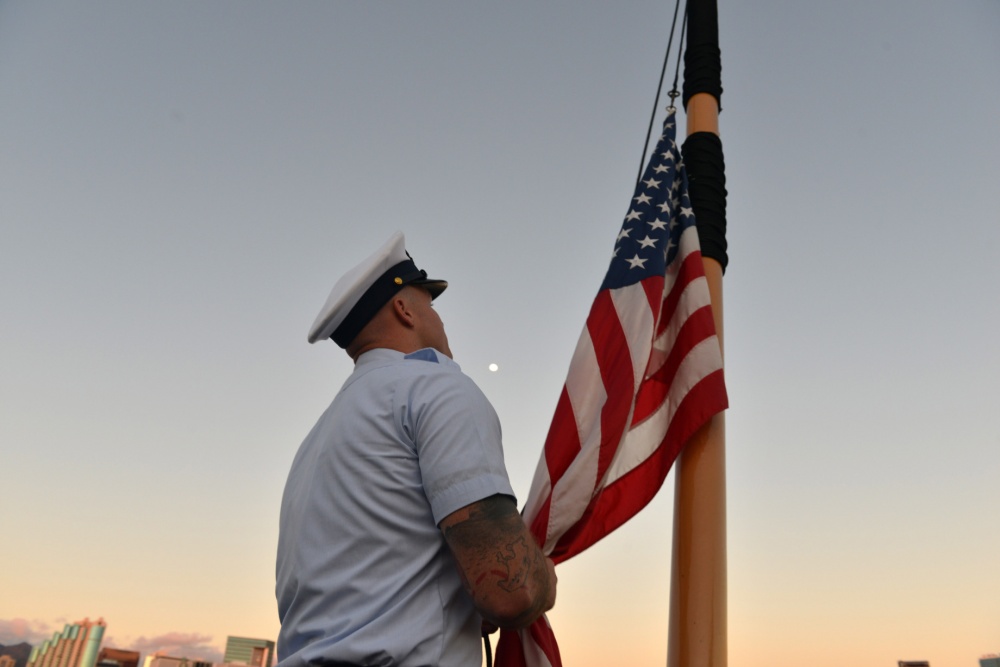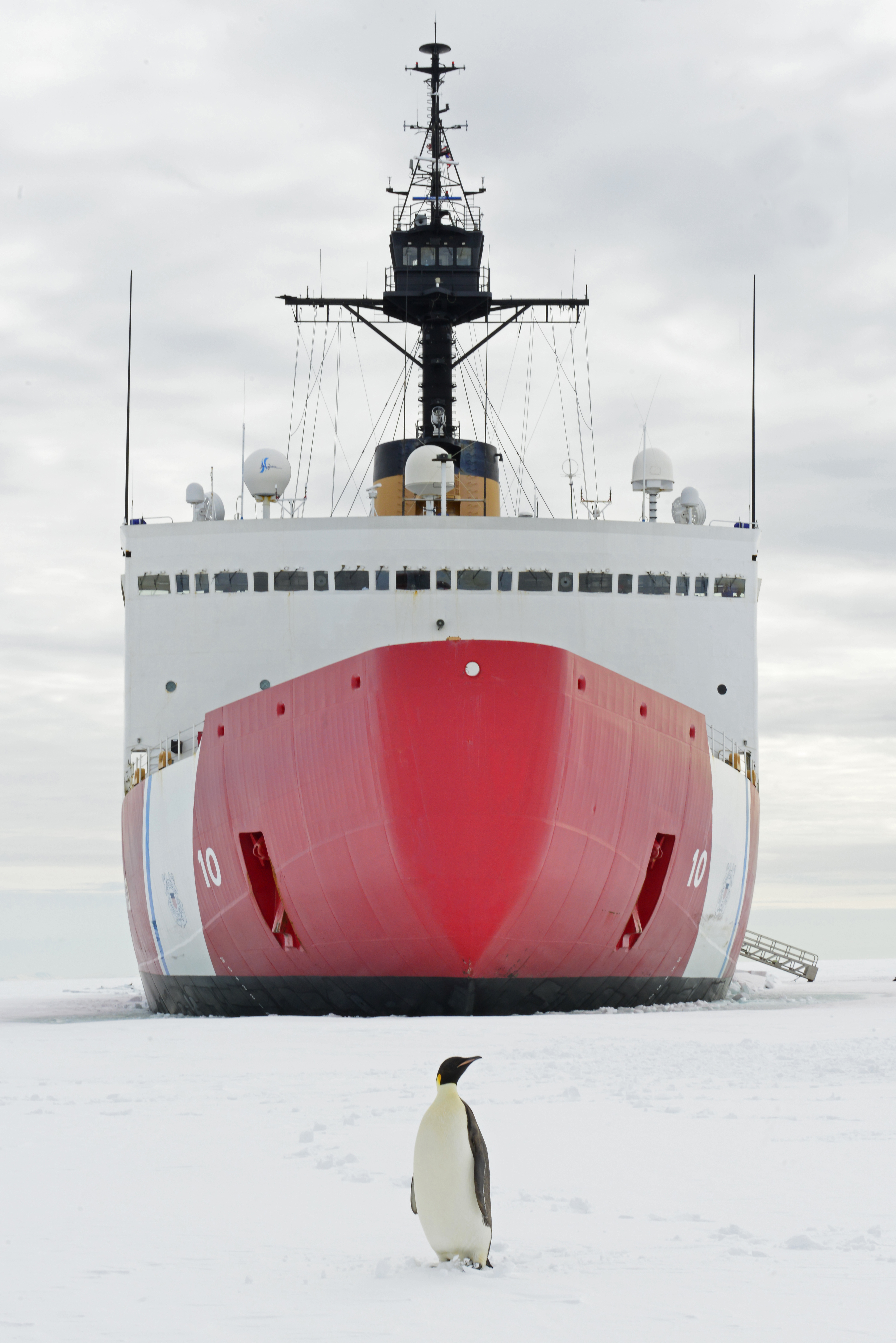
Financial compensation is coming soon to the U.S. Coast Guard active duty and civilian personnel who for weeks either worked without pay or were furloughed during the partial government shutdown.
Friday afternoon, President Donald Trump announced he and Congress agreed to enact a temporary spending measure to reopen federal agencies shuttered since funding expired on Dec. 21.
Once Congress and Trump approve the temporary appropriation – expected to occur within the next few days – it will take between three and five business days for back pay reach active duty Coast Guard personnel, Lt. Cmdr. Scott McBride, a Coast Guard spokesman, told USNI News.
The Coast Guard will coordinate pay for its roughly 8,000 civilian employees through National Finance Center, but the timeline for their back pay to arrive might be different.
On Monday, Coast Guard Commandant Adm. Karl Schultz posted a video criticizing the lack of pay for Coast Guard active duty and civilian personnel.
“I find it unacceptable that Coast Guard men and women have to rely on food pantries and donations to get through day to day life as service members,” Schultz said in the video.
The Coast Guard funding ran out after Congress and Trump failed to approve the Fiscal Year 2019 appropriations bill for the service’s parent agency, the Department of Homeland Security. The other branches of the military were not affected by the shutdown because Congress and Trump approved the Department of Defense appropriations bill before FY 2019 started on Oct. 1.

Active duty Coast Guard and reservist personnel were paid on Dec. 31 thanks to special permission granted by DHS and the Office of Management and Budget.
Under the short-term spending bill, Coast Guard spending will be limited to last year’s levels. The service is not authorized to start new programs, such as the Polar Security Cutter – the Coast Guard’s long sought-after heavy icebreaker.
Funding for the icebreaker was at the core of why the partial government shutdown occurred. The Senate and House of Representatives approved different DHS appropriations bills – with one bill including money for the icebreaker but not the border wall. The other bill provided border wall funding but at the expense of paying for a new icebreaker.
Instead of gathering members from both legislative chambers in a conference committee to iron out the differences in each bill, Congress shelved the FY 2019 appropriations bills for DHS and a host of other agencies until after the November mid-term elections, passing temporary spending measures to keep the government running until December.
The temporary spending measures expired before Congress reached an appropriations deal.





